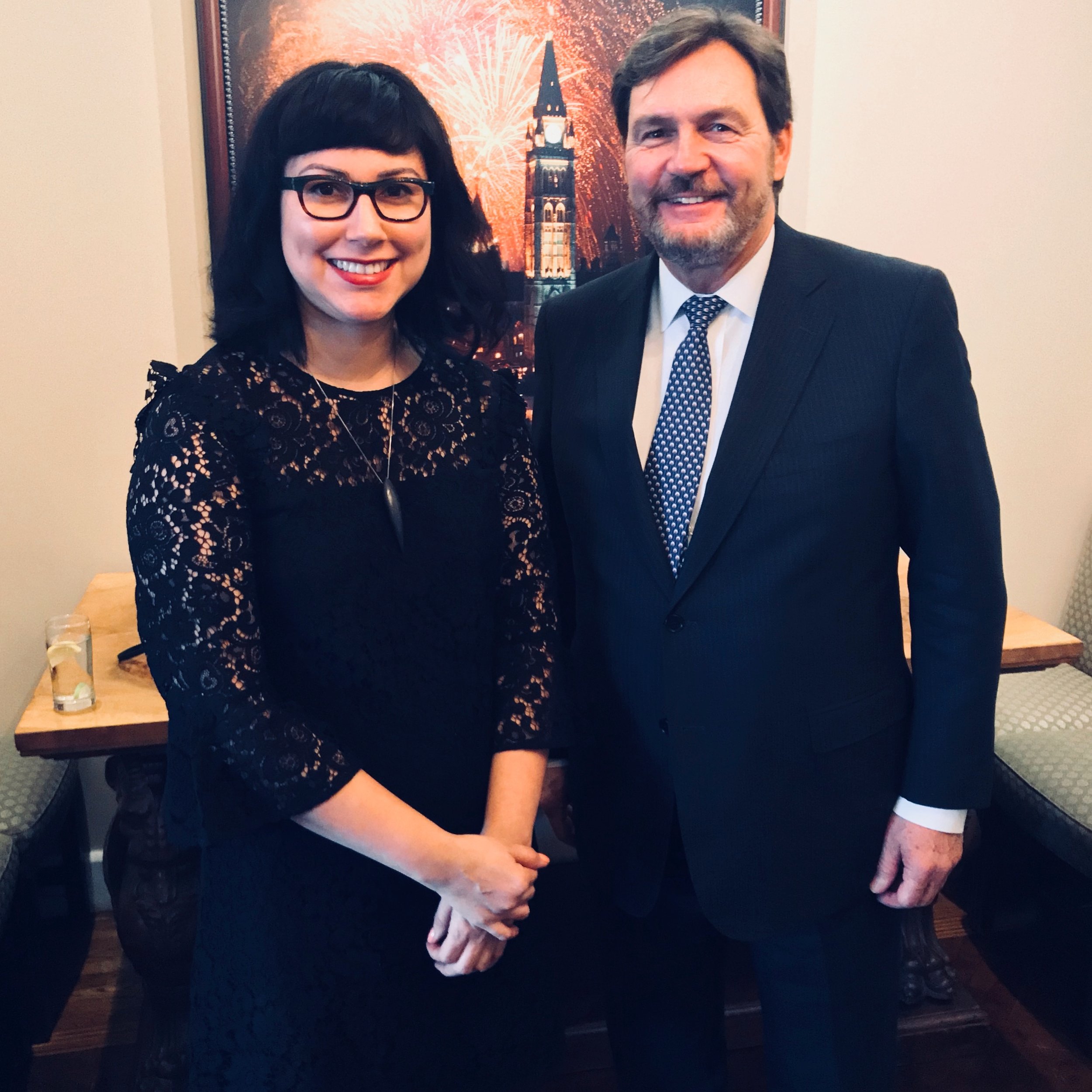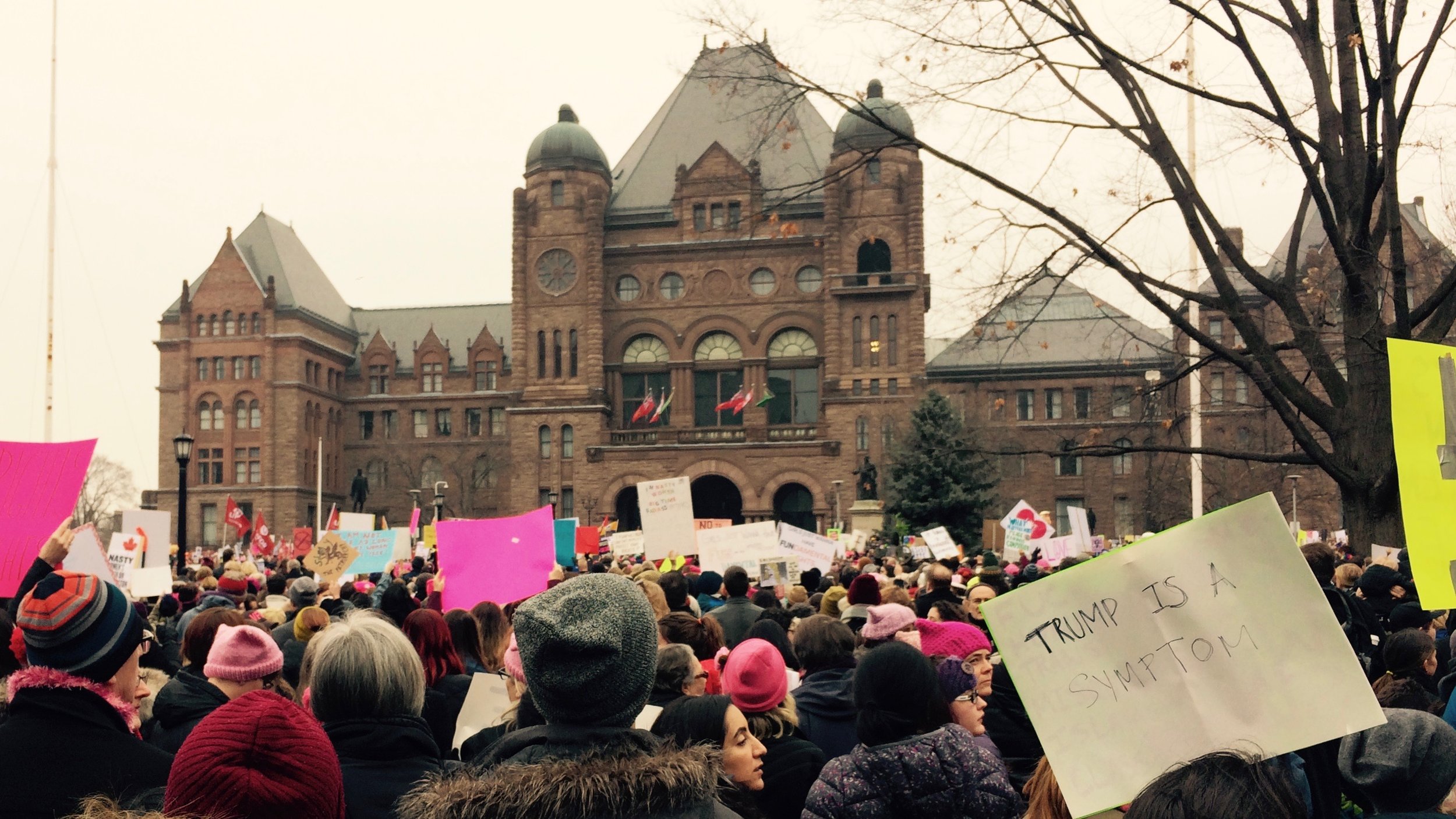My interview with CBC Unreserved on Names erased: How Indigenous people are reclaiming what was lost.
Read moreCBC: Unreserved Interview
Image is of the Siy̓ám Smanít / Stawamus Chief; photo taken by Erick Calder.
Your Custom Text Here

Image is of the Siy̓ám Smanít / Stawamus Chief; photo taken by Erick Calder.
My interview with CBC Unreserved on Names erased: How Indigenous people are reclaiming what was lost.
Read moreThe CBC Ideas panel interview with host Paul Kennedy along with the other panelists, lawyer Eloge Butera, and Ontario MPP Bhutila Karpoche, aired here on April 9th, 2019.
It was funny because I didn’t realize that this interview had aired until someone I was emailing told me that they had heard me on national radio a few weeks after the fact. This interview aired during a very busy period in my life, as I was finishing up my legal methodology course at the University of Victoria and I was busily trying to finish a number of papers due for my class.
I told my friend about this interview that I generally prefer not to watch or listen to any interviews of myself after the fact. My friend asked me— how I could improve in the future? I didn’t know the answer because I had not listened to the interview. I had already lived the experience of the interview, so why did I need to listen to it is what I said.
My friend had convinced me to listen to the interview and so a few days later, I was at home and finally got up the nerve to listen to this podcast. I lit some candles, turned on the fairy lights, and got under the covers to listen to the podcast from start to finish. I was really happy with the way that the producers had artfully crafted this panel interview into a cohesive work of art.
Even though I did this interview almost eight months prior, I could still feel the excitement and nervousness that I felt on that day. But one thing that was quite different from that day was that I no longer remembered the many thoughts that were whirling around my head. I just could focus on what was being said, which in my mind was a blessing. I guess now in the future, I’ll put more consideration into listening to my interviews after they happen.

Photo of me and Chief Justice Wagner of the Supreme Court of Canada.
When I recall myself as a young Indigenous child growing up in East Vancouver, I would not have thought that one day I would attend the swearing-in ceremony of the new Chief Justice at the Supreme Court of Canada in Ottawa. That wasn’t in the realm of possibility for me. I cared more about watching shows like Sabrina the Teenage Witch and playing outside with my friends. How different was I to the many Indigenous youth growing up today in Canada?
This past Monday, Chief Justice Wagner was appointed to the Supreme Court. For the first time in history, a Chief Justice invited the Indigenous Bar Association to the swearing-in ceremony at the Supreme Court. Chief Justice Wagner’s invitation was most appreciated. When I entered the building, it became glaringly apparent that as an anglophone I’ve prized English over French. I was unable to understand the French security guard’s simple directions about where to put my bag. Over the course of the morning, this happened again and again as I listened to many speeches oscillating between English and French.
For most of my life in Canada, I have I never felt the imperative to learn or speak French. I have traveled to places where French is the primary language and I usually get by in English, but I always felt like I was missing out on the conversation. In Canada’s highest court it was keenly apparent that Canada’s two official languages are equally weighed. Unfortunately, growing up in British Columbia, we began learning French only in grade six, and even then, it wasn’t treated equally.
This past year, Justice Martin was named as a new jurist on the Supreme Court of Canada. The Indigenous Bar Association wrote that in the history of the Court, there has never been an Indigenous jurist. This was a missed opportunity. During my day at the Supreme Court, I was acutely aware of this absence. Even though Jody Wilson Raybould, the Minister of Justice and Attorney General of Canada, is an Indigenous woman, there remains a poor representation of Indigenous or diverse peoples.
As an Indigenous person, I identify as being from diverse backgrounds. I am a part of a long line of Tsimshian and Dene Indigenous ancestors born on these lands for generations, some of who were also French- and Michif-speaking Métis people. Prior to meeting Chief Justice Wagner, I looked at the portraits of former Chief Justices hanging on the walls. These portraits depicted mostly men – with the exception of former Chief Justice Beverley McLachlin – a similarity in common with most law societies and courts across the county. When will this change?
My visit to the Supreme Court reminded me that one way this judicial representation can change is for more Indigenous lawyers to learn French so that they can are qualified for judicial appointments under the current system. In 2015, the Trudeau government implemented a bilingual requirement for all Supreme Court judges. While it isn’t written into the Supreme Court Act that jurists at the highest court be bilingual, this policy is part of a cultural mosaic that has been foundational to Canada’s Constitution and policies regarding bilingualism. But does it need to be this way? Are there more ways of being inclusive of Indigenous peoples in the justice system?
My ancestors spoke our Tsimshian Sm’alygax, Dene Chipewyan, and Michif languages. Unfortunately, I cannot speak my Indigenous languages – with the exception of a few words – because of the imposition of colonial and assimilationist policies and dispossession from our traditional territories. When I travel in Canada, I try to learn of some of the protocols, laws, cultures and languages of the Indigenous peoples of the territories I am visiting. This is a small but important gesture to enact when we are guests on other people’s lands. It is important to include Indigenous representation and local Indigenous juries, language, leadership, and legal traditions into our Canadian courts, city chambers, legislatures, Parliament, and the Senate.
Inviting the Indigenous Bar Association was one important step that the Supreme Court of Canada has taken to build a better relationship with the Indigenous bar. Yet, much more is required to foster relationships through the court system and to honour its Aboriginal and treaty rights with Indigenous peoples. I hope that in the following years, we will also see a painting of an Indigenous Chief Justice also adorning the walls of Canada’s highest court.

On January 21st, 2017 I went to Toronto’s Queen’s Park to march with over 60, 000 people for women’s rights, which are after all human rights.
Read moreMy drawing on the flyer from Encuentro de Ninez y Juventud Indígena de Abya Yala, 2008.
“Stay calm and decolonize”. These were the strong, yet pithy words that singer, Buffy Sainte-Marie, commanded the audience to consider when asked about Canada’s impending 150th birthday at AGO Creative Minds earlier this month.
Read moreStandard copyright applies.